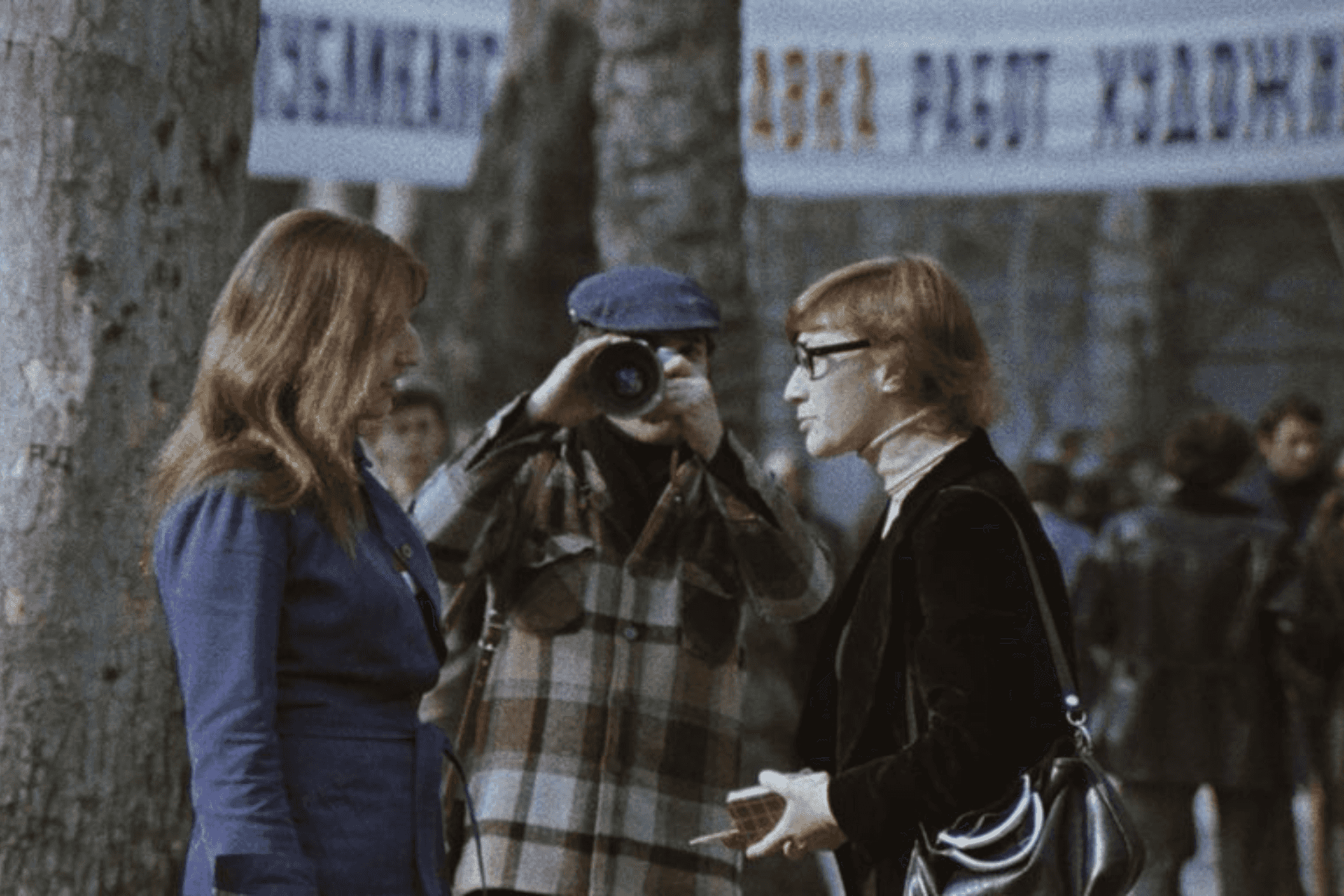Review | The Palace of Forty Pillars — an impressive poetic debut from the Armenian–Iranian Diaspora

★★★★☆
Armen Davoudian’s debut — taking the reader through Armenian, Iranian, and American history — is a beautiful personal narrative on change and loss.
In the beginning pages of Davoudian’s debut poetry collection is a floor plan of the Chehel Sotoun in Isfahan, Iran. The palace’s name, meaning forty pillars in Persian, was inspired by the 20 wooden pillars supporting the entrance pavilion which, when reflected in the waters of the large pool in front, became replicated into a total of 40.
It is this building, from Davoudian’s own childhood in Isfahan, that ties the collection together, giving it its form.
As Davoudian told Poetry.org in March 2024, ‘I knew The Palace of Forty Pillars was going to be a sequence as soon as I wrote the first sonnet. It just made sense: twenty sonnets, each asymmetrically divided in the middle like the pillars of the palace, half real and half imagined’.
A member of the Armenian diaspora who was born and raised in Iran before immigrating to America, Davoudian uses his poetry to narrate his own story, as well as those of his ancestors.
Split into four sections, The Palace of Forty Pillars begins with Davoudian exploring his adolescence, and his awareness that he was queer.
From there, Davoudian turns to recalling the experiences of being an Armenian in Iran, and then an immigrant in America, over which the spectres of the Armenian Genocide, US politics, and homophobia loom.
For example, in his seventh poem ‘Vice Squad’, Davoudian skillfully and elegantly weaves the impacts of the 17th century resettlement of the Armenians of Julfa to Isfahan by Shah Abbas I with a contemporary encounter with Iran’s morality police, charged with enforcing hijab rules, who believe the poet is his mother’s lover, not her son, just because his hand was in hers.
When old Julfa was burning and drunk on fear
— we’re still hungover — my hand was in yours.
You were the wife of Lot. I was the salt of your body.
Though I’m not a believer, my hand was in yours.
‘Who speaks of the Armenians?’ Let our gravestones crumble
so they can uncover my hand was in yours.
From the 17th century forced migration to the modern destruction of Armenian graves in Julfa, Davoudian highlights how violence can reverberate throughout the generations.
Many of Davoudian’s poems reflect on loss, namely the grief of losing loved ones and the mourning one goes through when leaving behind one’s homeland.
‘There is a wishful interval after you lose a person when you wake up every day still reaching to embrace them. After great pain, a formal feeling comes: it’s as though an emotion has been drained of its content, but its form, its contour, survives, like light after a star is dead’, Davoudian told Poets.org, emphasising that ‘losing a place is not unlike losing a person. You dream of one place only to open your eyes elsewhere’.
Indeed, the fourth, and last, sequence in Davoudian’s poetry collection — the titular ‘The Palace of Forty Pillars’ — sums up the previous sections, becoming a more clear-cut, chronological account of his life’s narrative, which he ties to that of his grandfather, who remained and died back in Isfahan.
Throughout the collection, another element that crops up again and again is that of food — the smell of a particular meal, its taste, the feeling of saffron on one’s fingers. Davoudian masterfully captures the entanglement of Armenian–Iranian cuisine, his vivid descriptions allowing the reader to be pulled into the same memories, tasting for themselves the saffron pilaf, the cucumbers with salt and lemon, or the traditional Armenian coffee soorj. In doing so, he makes the loss present throughout his collection tangible.
This is most clear in the 15th sequence of his titular poem, where Davoudian reminisces on making pickled garlic with his grandmother. Though she is long gone, he still has the jars that they made together, which the family brought with them to the US.
I found a strand of silver hair today
snagged on the label of a jar, a gray
entangled cursive of another language.
Inside, the broken heads soften and age
in verjuice, coriander, salt, molasses,
black with sulfuration, new with loss.
Beyond content, these poems show Davoudian to be skilled at wordplay, at exploring the nuances of language — Persian or English. Reflections, the duality of forms, are present throughout, squeezing multiple meanings into just a few short lines. His metering and rhyme is also deft — many of these poems should be experienced through the spoken word, rather than simply read.
Book details: The Palace of Forty Pillars by Armen Davoudian, Tin House, 2024. Buy here.
🗞️ Subscribe to OC Culture Dispatch
For our culturally curious readers: a free, biweekly selection of film, book, and music recommendations from the Caucasus. Our team offers a varied selection of hidden gems, cherished classics, and notable new releases from all over the region, included in our newsletter.









